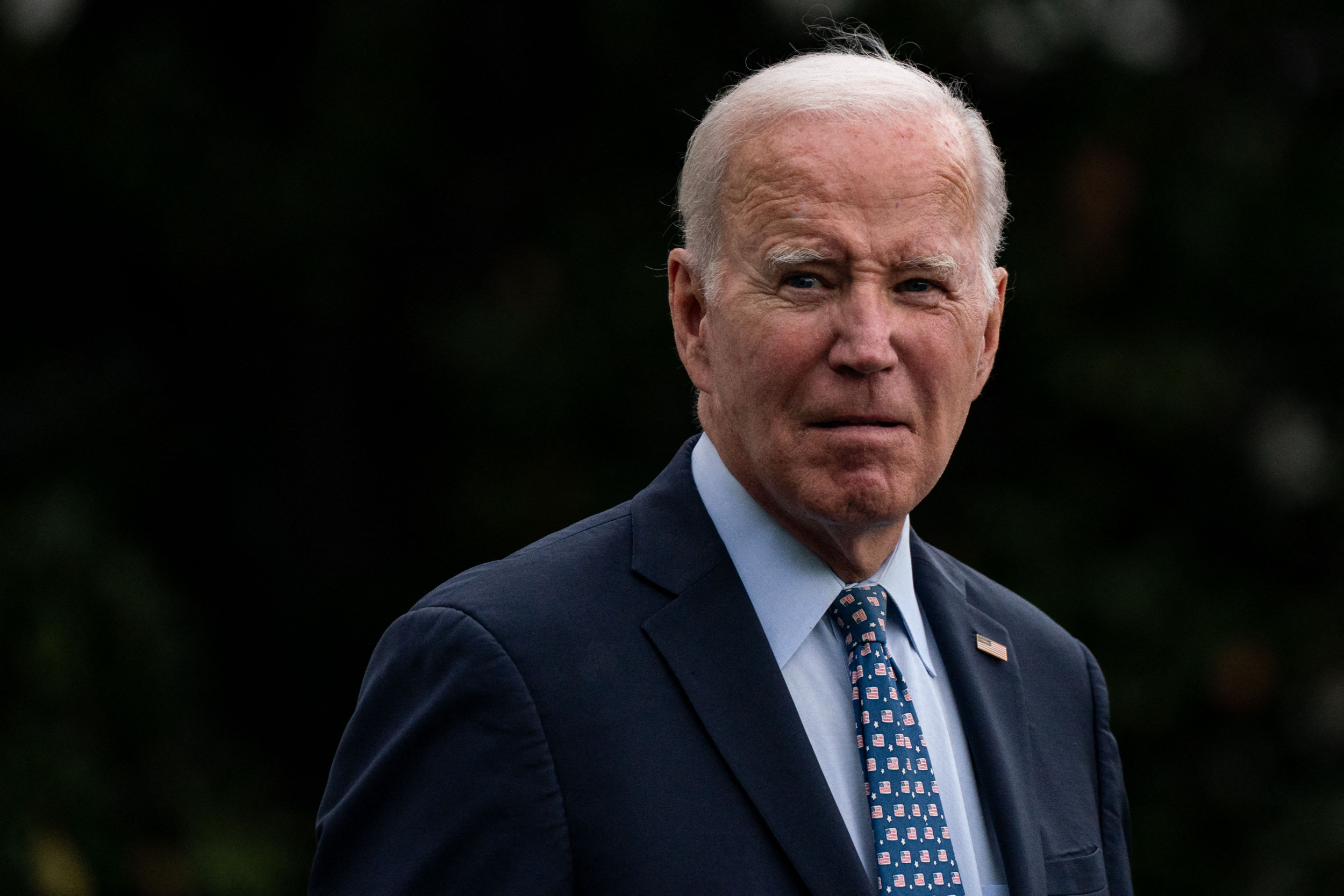Global trade growth will be sharply lower than forecast this year as stubborn inflation, high interest rates and the war in Ukraine pressure economies around the globe, the World Trade Organization said Thursday.
Strains in China’s vast property market also prompted the WTO to cut its trade growth forecast to just 0.8 percent this year, less than half the increase it had previously projected.
“The projected slowdown in trade for 2023 is cause for concern, because of the adverse implications for the living standards of people around the world,” said the WTO director-general, Ngozi Okonjo-Iweala.
The volume of world merchandise trade is now expected to grow by 0.8 percent this year, “less than half the 1.7 percent increase forecasted in April”, the WTO said in its revised global trade projections.
“The 3.3 percent growth projected for 2024 remains nearly unchanged from the previous estimate” of 3.2 percent, it said.
The WTO expects real world GDP to increase by 2.6 percent at market exchange rates this year, and by 2.5 percent in 2024.
“A continued slump in goods trade that began in the fourth quarter of 2022 has led WTO economists to scale back their trade projections for the current year while maintaining a more positive outlook for 2024,” the Geneva-based organisation said.
– Broad-based slowdown –
“Positive export and import volume growth should resume in 2024, but we must remain vigilant,” said WTO chief economist Ralph Ossa.
Sectors that are more sensitive to business cycles are expected to stabilise and rebound as inflation moderates and interest rates start to fall.
The WTO’s forecast does not cover commercial services trade but its preliminary data shows that growth in the field could be more moderate following a strong recovery in the transport and travel sectors last year.
The slowdown in merchandise trade growth appears to be broad-based, covering a large number of countries and a wide range of goods, though some sectors are more strongly affected, such as iron, steel, office and telecom equipment, textiles and clothing, the WTO said.
“The exact causes of the slowdown are not clear, but inflation, high interest rates, US dollar appreciation, and geopolitical tensions are all contributing elements,” the trade body said.
It also said China’s ballooning property-sector crisis was preventing a stronger recovery from taking root in the country following the impact of strict Covid-19 lockdowns.
– Fragmentation fears –
The trade outlook for 2024 is more favourable.
But the WTO warned that a potential split in global trade between two geopolitical blocs on either side of the war in Ukraine could have a negative impact.
“We do see some signs in the data of trade fragmentation linked to geopolitical tensions. Fortunately, broader deglobalisation is not here yet,” Ossa said.
“The data suggest that goods continue to be produced through complex supply chains, but that the extent of these chains may have plateaued, at least in the short run,” he added.
Noting the dangers of global economic fragmentation, Okonjo-Iweala said countries should strengthen the global trading framework by avoiding protectionism.
“The global economy, and in particular poor countries, will struggle to recover without a stable, open, predictable, rules-based and fair multilateral trading system,” she said.
Shayne Heffernan









